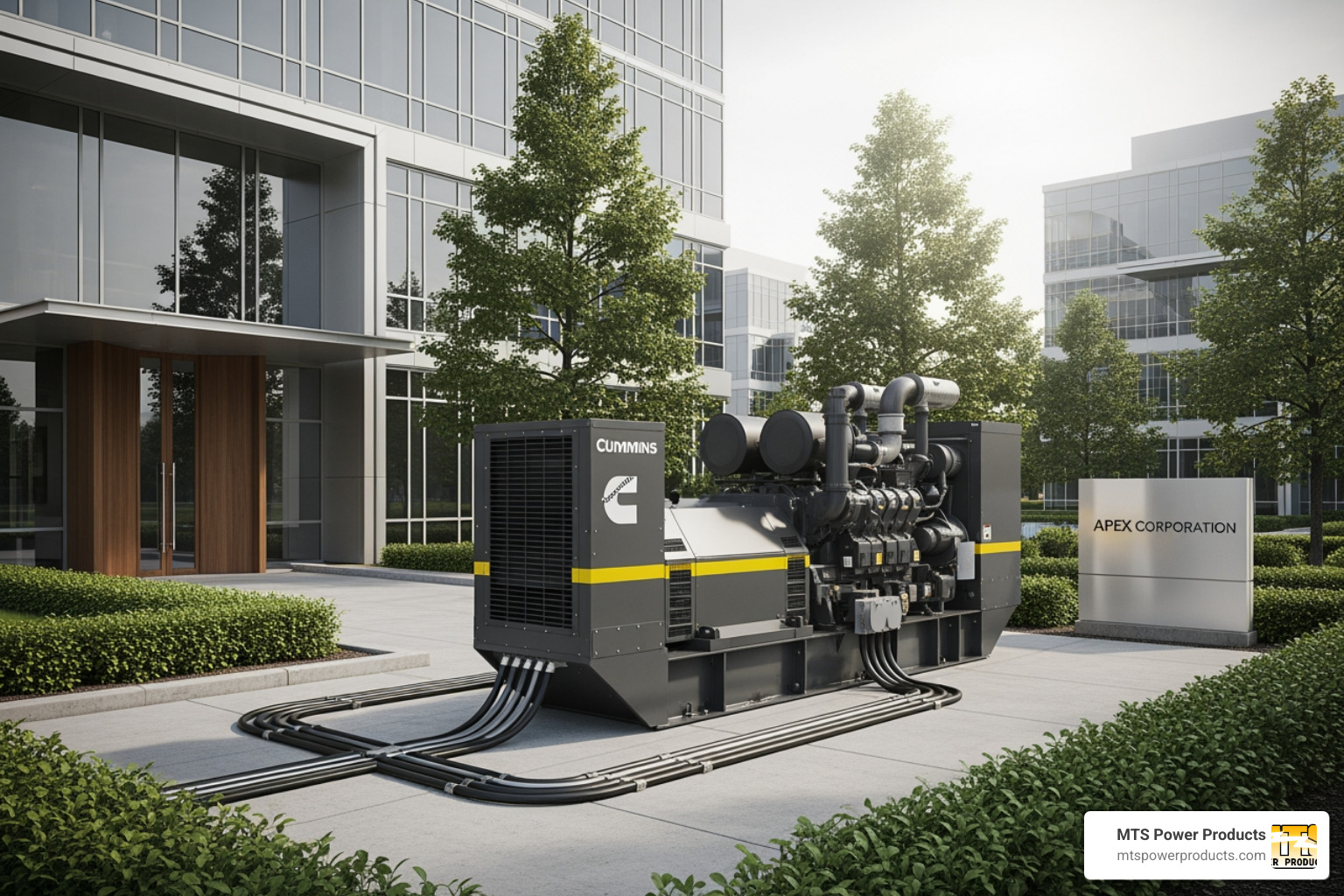
Buy Direct
from the Manufacturer
Sell our Products
Become a Distributor
Discounts
on volume purchases
Visit Us
at our Miami office
from the Manufacturer
Become a Distributor
on volume purchases
at our Miami office
When purchasing a standby generator, there are lots of specifications to consider. You will need to make sure the size and output capabilities of the engine are adequate for your property. Some people also have specific brands they trust and seek out. But one thing first-time generator buyers may not even realize they need to research is fuel. Emergency generator fuel is to your engine what blood is to the body, so clearly it’s crucial. And depending on your specifics, ie. location, one fuel type may be a far better option for your needs. MTS Power Products better than anyone, as we have been a leading distributor and manufacturer of standby generators for many years. Here, we will break down the fuel types most commonly used fuel types so you can decide which is the best fit for you.
One of the biggest advantages of Natural Gas as a fuel source is that your home most likely already receives a steady supply of it. For those looking for the most hassle-free standby generator, this may be the way to go. Your generator will be hooked up to your existing gas supply and automatically be fueled when it’s needed. However, note that natural disasters such as earthquakes can disturb your supply of Natural Gas.
Sometimes abbreviated to LP or LPG, this fuel is the “cleanest” option, with little carbon emission. This is great for the environment as well as putting less stress on your unit, making it potentially last longer than other options. LPG has nearly limitless storage timelines and will not freeze over, even without additives. While not as easily accessed as the diesel fuel discussed below, it does not come with the same supply concerns as Natural Gas.
Diesel gas is quickly becoming one of the top choices of emergency generator fuel for a few key reasons. The first being its accessibility. Nearly every fuel station in America has diesel fuel at the ready. This can make it an attractive option for those who’s location would make procuring natural gas or LPG difficult. For those living in extreme cold, diesel is the best option when used in conjunction with an anti-freezing additive. It is also one of the more stable fuel choices and is less flammable than traditional gasoline, so it can last for nearly a decade when stored properly. Though not as clean-burning as LPG, it is still considered a relatively low polluting option.
If you have any further questions about the pros and cons of different fuel types, contact us and one of our experienced technicians can help!